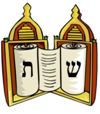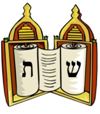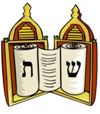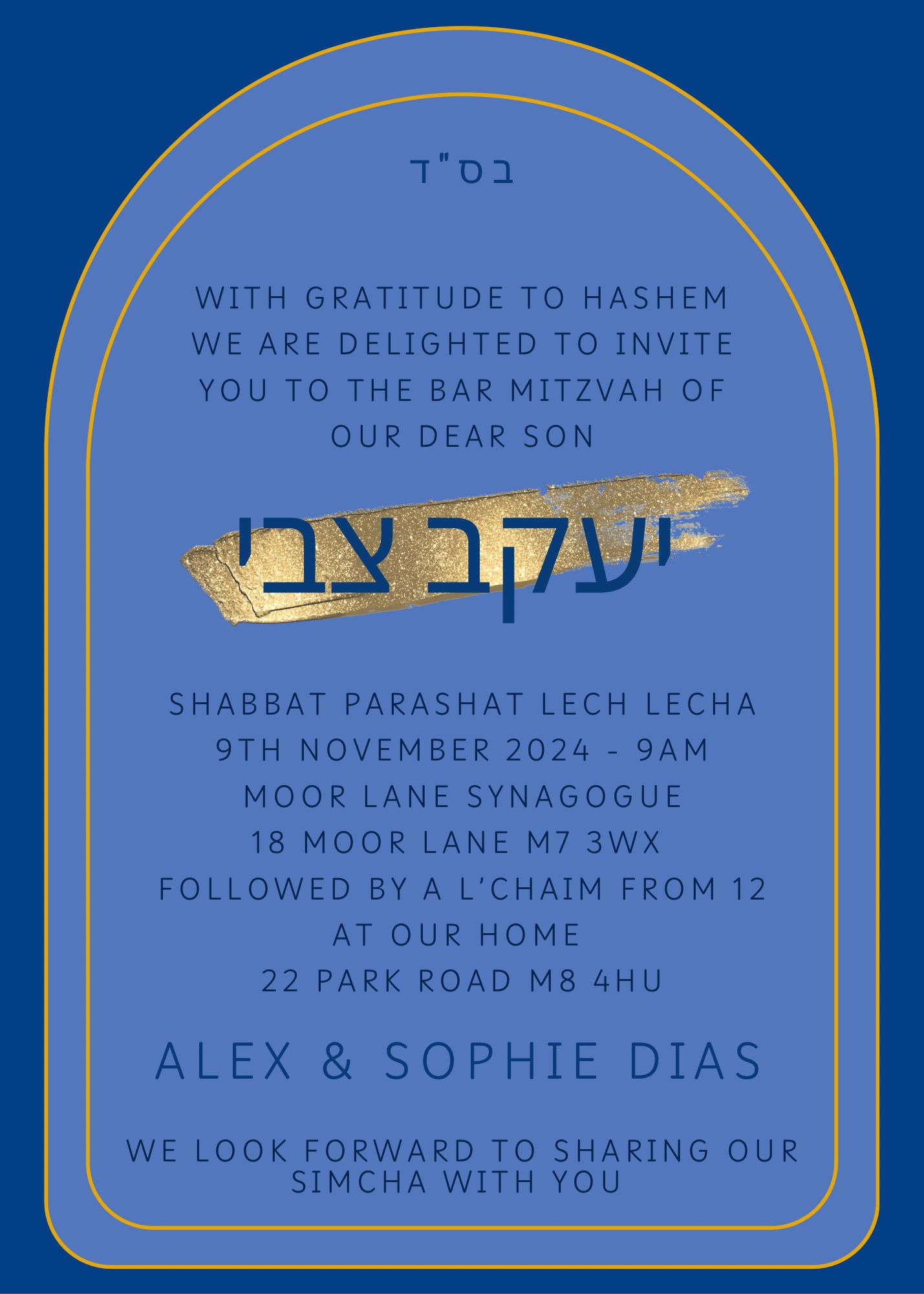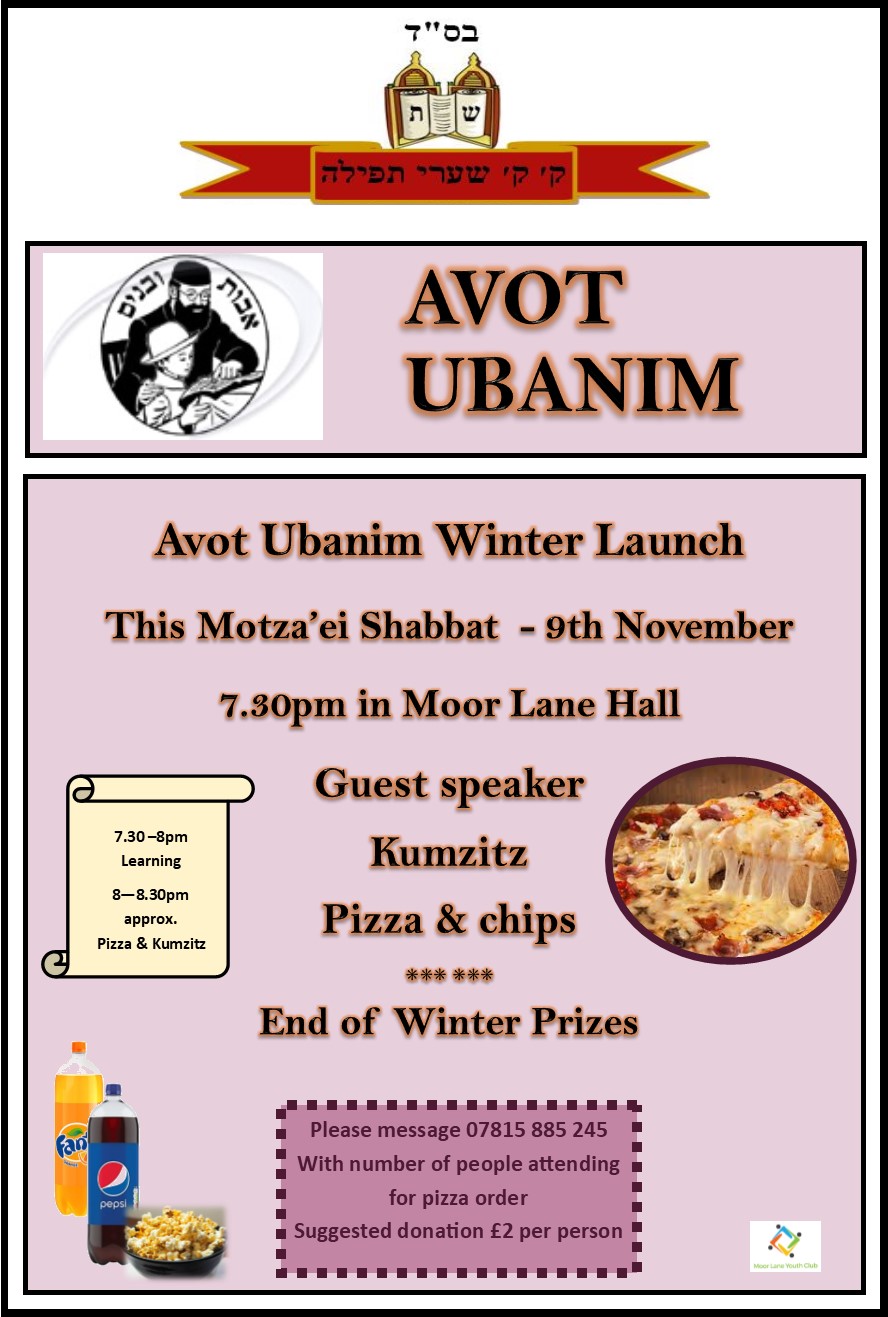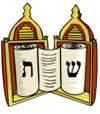
ק׳ ק׳ שׁערי תפילה

*****

*****
💸💵💶💳💰💸

![]()
We are happy to inform you that we have successfully set up a permanent page on Charity Extra.
This facilitates donations, but most importantly does so in conjunction with the various Charity Accounts.
It is beneficial for those occasional donations, e.g. for Aliyot.
The link is: charityextra.com/charity/moorlane
******

🗓️
לוח זמני תפילה לחורף תשפ״ה
Winter Timetable 5785 – 2024/25
מוצאי שבת | ערבית | שקיעה | מנחה שבת | סוף זמן קריאת שמע | הדלקת נרות | מנחה וקבלת שבת | תאריך | שבת פרשת |
Shabbat Ends | Arbit | Sunset | Minha | Shema before | Candle Lighting | Minha & Kabbalat Shabbat | Date | Parasha |
PM | PM | PM | PM | AM | PM | PM |
|
|
4:51 | 4:47 | 3:53 | 3:15 | 9:59 | 3:39 | 3:39 | 29/30 Nov | תולדות (ש”מ) |
🕯️WINTER TIMES FOR SHABBAT MORNING🕯️
שבת
קרבנות
8:45 am
הודו
9:00 am
****

🌃
Winter Season
1hr 15 mins after Motzae Shabbat
📚THIS WEEK 6:10 pm📚
******

After 20 years of marriage, Yitzchak’s prayers are answered and Rivka conceives twins. The pregnancy is extremely painful. Hashem reveals to Rivka that the suffering is a microcosmic prelude to the worldwide conflict that will rage between the two great nations descended from these twins, Rome and Israel. Esav is born, and then Yaakov, holding on to Esav’s heel. They grow, and Esav becomes a hunter, a man of the physical world, whereas Yaakov sits in the tents of Torah, developing his soul.
On the day of their grandfather Avraham’s funeral, Yaakov is cooking lentils, the traditional mourner’s meal. Esav rushes in, ravenous from a hard day’s hunting, and sells his birthright (and its concomitant spiritual responsibilities) for a bowl of lentils, demonstrating his unworthiness for the position of firstborn.
A famine strikes Canaan and Yitzchak thinks of escaping to Egypt, but Hashem tells him that because he was bound as a sacrifice, he has become holy and must remain in the Holy Land. He relocates to Gerar in the land of the Philistines, where, to protect Rivka, he has to say she is his sister. The Philistines grow jealous of Yitzchak when he becomes immensely wealthy, and Avimelech the king asks him to leave. Yitzchak re-digs three wells that were dug by his father, prophetically alluding to the three future Temples. Avimelech, seeing that Yitzchak is blessed by Hashem, makes a treaty with him.
When Yitzchak senses his end approaching, he summons Esav to give him his blessings. Rivka, acting on a prophetic command that the blessings must go to Yaakov, arranges for Yaakov to impersonate Esav and receive the blessings. When Esav in frustration reveals to his father that Yaakov has bought the birthright, Yitzchak realizes that the birthright has been bestowed correctly on Yaakov and confirms the blessings he has given Yaakov. Esav vows to kill Yaakov, and so Rivka sends Yaakov to her brother Lavan where he could find a suitable wife.
Ohr Somayach Institutions www.ohr.edu

בקשות אישיות בנוסח קבוע
שאלה: בהלכה יומית נכתב, שמותר לאדם להוסיף בקשות אישיות בברכות תפלת העמידה. האם מותר לעשות כן באופן קבוע, כלומר, להוסיף בכל יום תמיד בנוסח התפלה בקשה על דבר פרטי?
תשובה :אמת היא, שמותר לאדם להוסיף בברכות האמצעיות שבתפלת העמידה בקשות אישיות, כפי ענין הברכה. ובפרט בברכת שומע תפלה, רשאי להוסיף כל דבר שירצה. וכפי שביארנו כבר. ובזמנינו נדפס ברוב הסידורים של בני עדות המזרח, נוסח וידוי ותפלה על הפרנסה, לאמרו בברכת שומע תפלה. וענין זה מיוסד על דברי רבותינו, שהתירו להוסיף בקשות פרטיות באמצע תפלת העמידה.
ובספר ילקוט יוסף, הביא דברי הזהר הקדוש מענין זה, שבדבריו מוכח, שבכל פעם שמתפלל האדם, יתודה על חטאיו בברכת שומע תפלה. והביא דברי המקובלים, שנכון גם להתפלל על הפרנסה בברכה זו באופן קבוע.
ואם כן לענין הלכה, לגבי הנוסח הקבוע של הוידוי והתפלה על הפרנסה, יש לסמוך על דברי הפוסקים המיקלים בזה להוסיפו אפילו באופן קבוע. אולם לענין שאר תפלות ותחינות, יש מקום להחמיר שלא לנהוג כן בקביעות, אלא מדי פעם בפעם ישנה את נוסח התפלה השגור בפיו.
וכן מספרים בשם הגאון רבי שלמה זלמן אוירבך זצ”ל, שאף שהיו לו בקשות קבועות בתפלתו, לרפואת חולים וכדומה, מכל מקום מדי פעם בפעם היה משנה את נוסח התפלה, או שהיה מפסיק בבקשות האישיות לזמן מה, בכדי שלא יראה כמטבע תפלה חדש. וזהו כדברי הט”ז.
Inserting Personal Requests in the Amida Prayer on a Constant Basis
Question: You have written in the Halacha Yomit that one may insert personal requests into the blessings of the Amida. Is this permitted even on a constant basis, i.e. adding personal requests in one’s Amida prayer every day?
Answer: Indeed, it is permissible to add personal requests into the middle blessings (blessings in between the first three and last three blessings of the Amida) of the Amida prayer based on the context of that specific blessing. Within the “Shema Kolenu” blessing, one may insert a request for anything one needs, as we have explained. Most Sephardic Siddurim nowadays have a text for Viduy (confessional prayer) and a prayer for one’s livelihood printed within the “Shema Kolenu” blessing. This idea is based on the words of our Sages who allowed personal prayers to be added within the Amida prayer.
The Opinion of the Turei Zahav
The Turei Zahav writes (Chapter 122) that when our Sages permitted adding personal requests into the Amida, they only allowed doing this occasionally; however, one should not add personal requests on a daily basis, for this will seem like one is changing the standard prayer text that out Sages instituted since one is adopting a new text for himself with this new prayer.
The Opinion of Maran Ha’Chida
Nevertheless, Maran Ha’Chida writes in his Birkei Yosef that the Turei Zahav’s opinion is halachically incorrect. The Kaf Ha’Chaim writes that even according to the Turei Zahav’s opinion, one may add the text of the Viduy and prayer for one’s livelihood into the “Shema Kolenu” blessing, for this text has already been mentioned by the holy Zohar and the Ari z”l and may therefore be added on a constant basis.
Indeed, the Yalkut Yosef (Tefillah, Volume 2, Chapter 119, Section 2) quotes the holy Zohar from which we can infer that every time one prays, one should confess one’s sins during the “Shema Kolenu” blessing. He proceeds to quote the Mekubalim who write that one should likewise pray for one’s livelihood during this blessing on a daily basis.
Thus, halachically speaking, regarding the texts of Viduy and prayer for one’s livelihood, one may rely on the words of the Poskim who allow this to be added even on a constant, daily basis. On the other hand, regarding other personal prayers, there is room for stringency and one should not add them on a constant basis; rather, one should change the wording of one’s personal prayers from time to time.
It is recounted that although Hagaon Harav Shlomo Zalman Auerbach zt”l had many constant personal requests while praying, such as praying for the ill and the like, he would nevertheless change the wording of his prayers from time to time or not insert his personal requests for a while so that it would not seem like he was instituting a new standard text into his prayer, in accordance with the opinion of the Turei Zahav.
